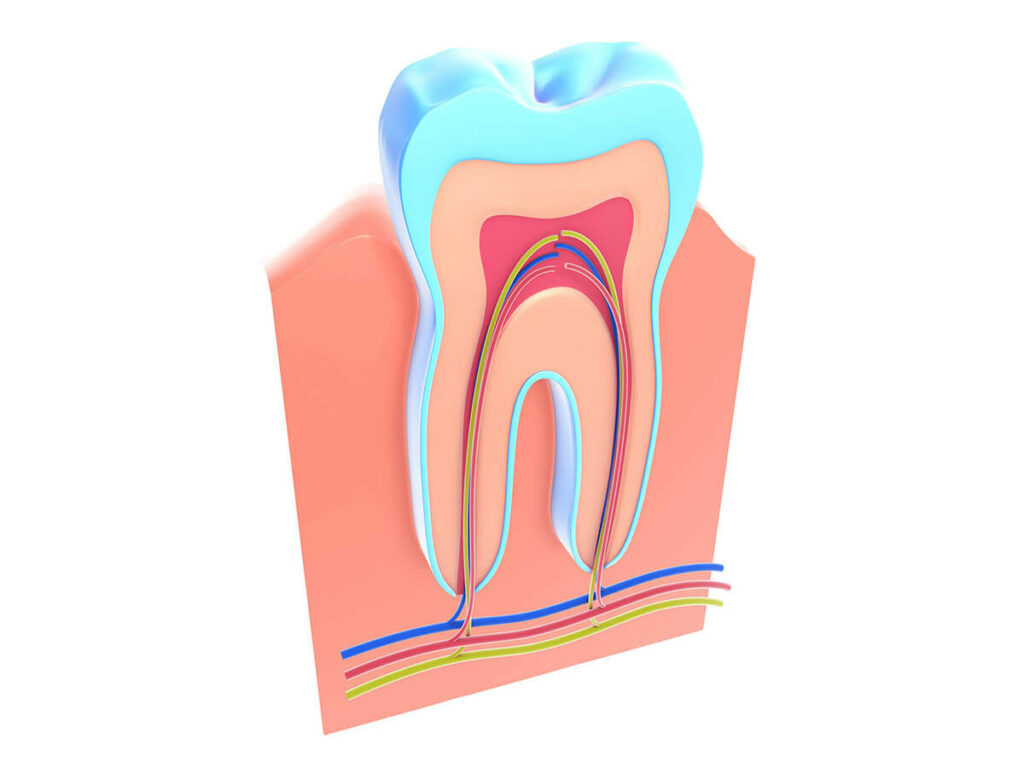Root Canal Treatment
Root canal treatment can save an infected tooth from otherwise certain extraction—it’s a proven procedure that will leave your mouth healthy and strong while restoring its natural appearance.
Root Canals in Acworth, GA
We offer root canal treatment as part of our restorative dentistry services. If you’re experiencing tooth pain, seeking treatment as soon as possible is important to alleviate discomfort and prevent further problems. During a root canal, we remove decay and infected tissue from inside the tooth, then refill it with a special substance and cap it with a filling and/or dental crown. This procedure can save your tooth and stop the spread of infection in your mouth, ultimately helping to protect your smile.

-
What is a root canal?
A root canal is a dental procedure to save a tooth when the nerves become inflamed. The dentist removes the infected tissue to eliminate the pain and save the tooth. After that, the affected area is cleaned out.
Symptoms of an infected root canal include:
- Severe and persistent toothaches
- Sensitivity to hot and cold foods and drinks
- Swollen and tender lymph nodes
- Recurring abscesses on the gums
After the root canal treatment, a crown may be needed to protect the tooth from further damage.
-
How is root canal treatment performed?
The process of root canal treatment begins with taking digital X-rays to assess the extent of the damage. The dentist then carefully accesses the tooth’s inner structure and removes the infected material, leaving the tooth hollow. Afterward, the area is flushed with an antimicrobial liquid, and the tooth is filled with a medicated substance to provide support and aid in healing. Finally, a dental crown is placed over the treated tooth to protect it from fractures and breakages.
-
How long does the pain from a root canal last?
There is a common misconception that root canals are very painful. The truth is, the procedure itself isn’t usually any more painful than a tooth filling. Dentists typically provide an anesthetic before the procedure, so there isn’t a huge amount of discomfort during and a short while after.
Some sensitivity and discomfort are common while the area around the root canal heals. Gums can become swollen or agitated during the procedure, which results in mild pain. This pain should subside when the tooth is healed. After your treatment, your dentist will provide special instructions on caring for your newly treated tooth.
More Questions?
If you have more questions about root canal treatment, please contact our office, and we will be happy to discuss further.


